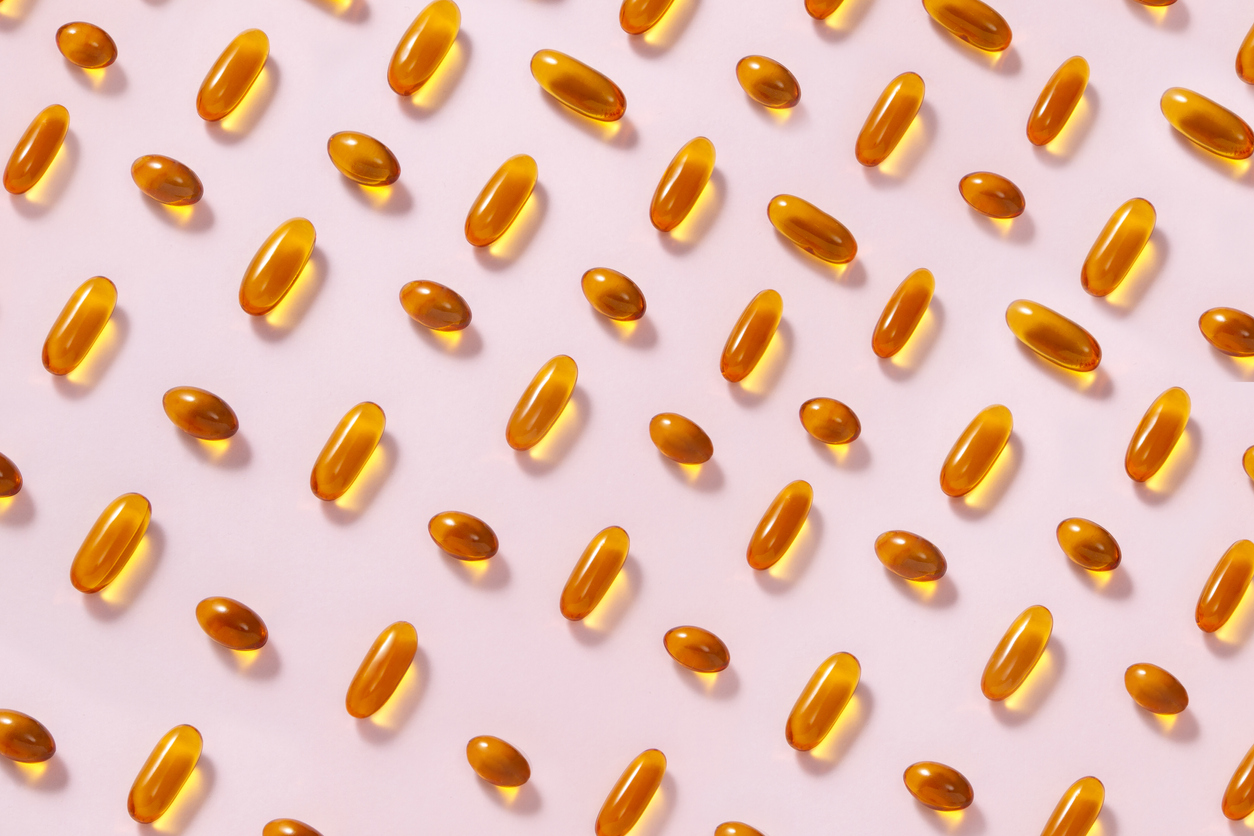The need for folic acid supplementation in pregnancy must continue to be stressed at the pharmacy counter but research shows adequate folate intake has wider-ranging health benefits.
Pharmacists have for a long time been instrumental in advising on the need for adequate folate intake in pregnancy, and also recommending folic acid supplementation for women who may become pregnant, thereby preventing an untold number of birth defects. However, as time goes by, more evidence is emerging on the wider benefits of adequate folate intake, both in the context of preventative supplementation and in a range of existing health conditions.
The HSE states that as folic acid cannot be stored in the body, it is necessary to take it daily through appropriate diet or supplementation. The Executive states that while women require 400 micrograms of folate each day, women and teenagers who may become pregnant within the next 12 months require an extra 400 micrograms of folic acid as a supplement each day, in combination with a healthy diet.
The HSE also states that up to 50 per cent of pregnancies are unplanned, therefore women who have the potential to conceive should be taking a daily supplement, whether they intend to become pregnant or not. The Executive also points to research which shows that women typically do not get enough folic acid from their regular diets, thus potentially leaving their infant vulnerable to neural tube defects (NTDs), such as spina bifida.1 Neural tube In the early weeks of pregnancy, the baby’s neural tube closes and fuses and later develops to become the baby’s brain and spinal cord. In these crucial early stages of pregnancy, if the mother has been taking adequate folic acid supplementation, this helps enormously in the formation of DNA and other genetic material, as well as helping in cell division.
Folate is a B-group vitamin and while most people get enough nutrition in their daily diets, folic acid and vitamin D are the exceptions, according to safefood. It also advises that folic acid supplementation should be recommended for women even if they are taking contraceptive medication. In addition, safefood recommends that people who are overweight or obese, those with a chronic medical condition such as diabetes, and people with a family history of NDTs should consult a healthcare professional and may need a higher dose of folic acid supplementation.2
Harvard TH Chan School of Public Health also points out that beyond pregnancy, folic acid supplementation is beneficial for a number of other patients who may be at risk of folate deficiency, for a variety of reasons.
These include:
People who have had intestinal surgery or who have digestive disorders that cause malabsorption. Conditions like coeliac disease and inflammatory bowel disease, for example, can decrease the absorption of folate. If a patient has had surgery involving their digestive organs, this can reduce the normal level of stomach acid and have an impact on absorption of nutrients. ?
People with genetic variant abnormalities. Those who carry a variant of the gene MTHFR cannot convert folate to its active form, therefore preventing it being used by the body. ?
People with alcoholism. Excessive alcohol consumption interferes with the absorption of folate and speeds-up the rate with which folate breaks down and is excreted from the body.
Also, typically, people with alcoholism also tend to eat poor-quality diets that are low in folate-containing foods, among other essential nutrients.
Harvard also points out that an upper limit for folic acid is set at 1,000mcg daily, as studies have demonstrated that taking excessive amounts can mask a vitamin B12 deficiency. In addition, folate deficiency occurs most often in older adults or those eating a vegan diet in whom a B12 deficiency is more common.3
Several studies have highlighted the role of folic acid in a range of conditions that are not obvious to the general public. One of these studies stated that as well as the prevention on NDTs, peri-conceptional supplementation with folic acid also seems to confer additional benefits. These, said the authors, include the prevention of congenital heart disease and oral clefts and possibly even helping to prevent preterm births.4
“Indirect evidence suggests that folate may indeed be important in the timing of labor,” wrote the authors. “In observational studies, a shorter duration of pregnancy has been associated with low serum folate levels and with the absence of folic acid supplementation during pregnancy.” 4
As the most accessible frontline healthcare professionals, and as one of the most trusted professions in society, pharmacists have a pivotal role to play in advising patients on the importance of folic acid supplementation, not just for women in the context of conception, but for the overall health of the wider population. Also, crucially, pharmacists are the most qualified healthcare professionals to advise patients on how taking a supplement may or may not interact with other medications they are taking.
References
- HSE. Health and Wellbeing. Folic Acid. https://www.hse.ie/eng/about/who/healthwellbeing/ourpriorityprogrammes/heal/folic-acid/. Accessed Sept 2021.
- safefood: Food supplements. https://www.safefood.net/healthy-eating/supplements. Accessed Sept 2021.
- Harvard TH Chan School of Public Health. Folate (Folic Acid) — Vitamin B9. https://www.hsph.harvard.edu/nutritionsource/folic-acid/. Accessed Sept 2021.
- Greenberg JA, Bell SJ, Yong G, Yu H. Folic Acid Supplementation and Pregnancy: More Than Just Neural Tube Defect Prevention. Rev Obstet Gynecol,2011 Summer; 4(2): 52–59.







